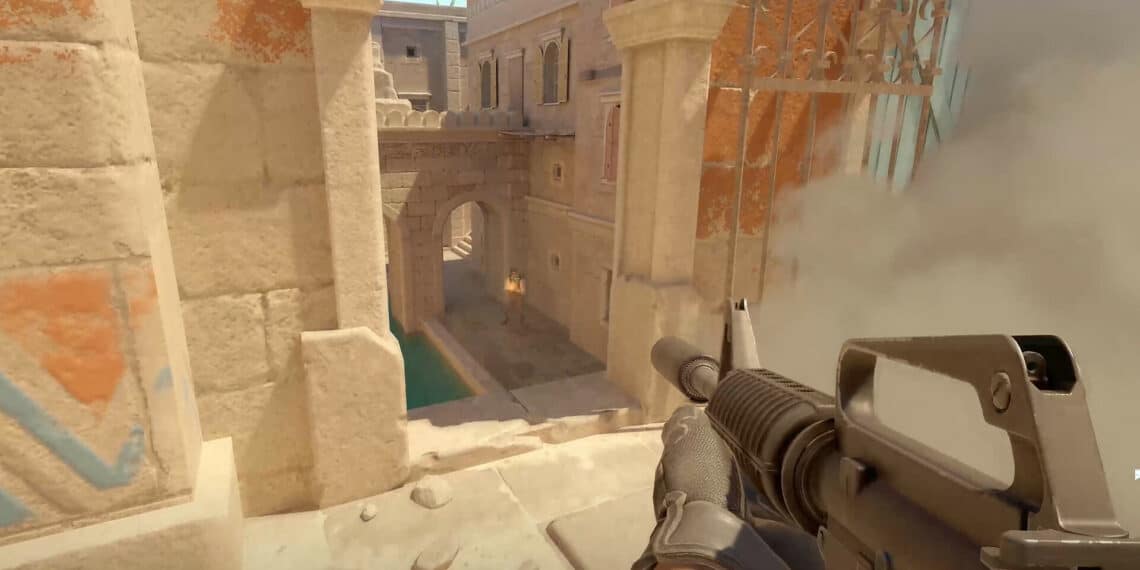The debate heats up in the realm of Counter-Strike, particularly with the game’s approach towards banning cheaters. A recent frustration-filled post by user ‘boyIfudont88’ triggers interesting responses from the community.
Summary
- Friction between player expectations and developer actions in combating cheating.
- Diverse perspectives on effectiveness of manual versus automated banning.
- Perceived laissez-faire culture at Valve.
- Player suggestions for resolving the issue.
Understanding The Cheat Dilemma
In the eyes of ‘boyIfudont88’, the solution to rampant cheating seems straightforward — hire more people to manually review and ban obvious cheaters. The frustration is clear as they call out Valve for relying on an allegedly inadequate automated banning system despite being a multi-billion dollar company. ‘pRopaaNS’ counters this expectation, emphasizing the logistic impossibility of handling cheater reports manually given the millions of active players and numerous matches at any given time.
Uncloaking Valve’s Culture
‘frontiermanprotozoa’ attempts to provide explanations for the perceived inaction on addressing the cheating issue. They describe Valve’s culture as ‘structureless’, where projects are driven by employee interest, possibly explaining the lack of prioritization for anti-cheat measures.
Players proposing solutions
Many players propose their own solutions – user ‘Tsadako’ suggests implementing a kernel-level anti-cheat similar to Valorant’s, and dropping the Linux support to prevent potential exploits. Another viewpoint is shared by ‘Deep-Weekend4126’, who makes a tongue-in-cheek comment suggesting that the reluctance to improve anti-cheat measures could be financially motivated. After all, a robust anti-cheat might lead to fewer banned players re-purchasing the game and its cosmetics, which isn’t good for business, according to him.
Not everyone is against VALVE
In this sea of criticism, there are also voices like ‘RyanBLKST’ who caution against assuming that Valve is unresponsive to the infraction issue. This points to a part of this online community hanging on to the belief that Valve is indeed trying to mitigate the cheating problem, despite perceptible evidence to the contrary. The lack of transparency on Valve’s part, however, does fuel such drastically different views.Source
This discourse reveals a community grappling not just with the frustration of cheating, but with the more profound issue of being heard and seen by the creators. It’s a fascinating look at how trust and engagement are built between players and game companies. Clearly, alongside game mechanics and graphics, responsiveness to cheating and consideration for player feedback are becoming increasingly important in building a successful game.



